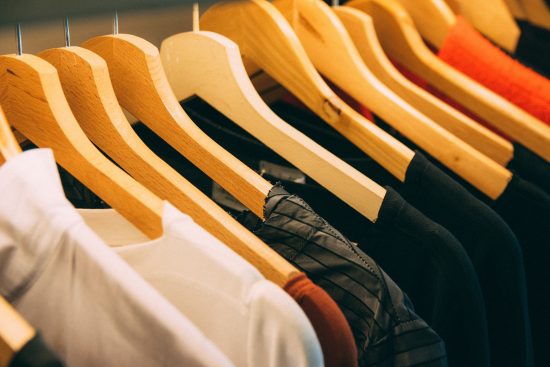In recent years, the fashion and textile sector has developed a range of sustainability strategies, including new certifications, labels, developing recycled and innovative fibres, collaborative consumption, and circular economy practices. These strategies have led to some product-level efficiency gains, but on the whole have not still achieved the solution to the core problem: the overproduction and consumption of clothing. This, together with a relevant increase of the green-house emissions and several impacts on the environment such as the phenomenon of microplastics in the sea, increased both the use of raw material and the disposal and management of clothing and textiles waste streams. For all these reasons, the EWWR will explore textile as thematic focus of the 14th edition of the campaign.
In many cases, textile industry, in particular fast fashion, still produces massive impacts not only on the environment but also on social sector, in terms of working conditions, human rights, working security, salary, etc. An action to reduce the impact of this sector on our planet cannot forget the need to operate within planetary boundaries and ensures livelihoods and dignity for all those who make and wear clothing.
The new “Wellbeing Wardrobe” study, commissioned by the European Environmental Bureau, shows that EU action is vital to build new textile systems. The research advocates for moving fashion’s core beyond growth towards a system where human and ecological health come first. The study uses the concept of the “wellbeing economy” – an umbrella term to describe growth-alternative economic concepts finding a balance between the planet’s needs and safeguarding the human and social rights of future generations. It identifies four guiding principles for a sustainable, thriving fashion and textile sector that works in the interest of the common good:
1. Establishing limits to reduce how much is produced and consumed in line with planetary boundaries;
2. Promoting fairness to ensure social justice globally;
3. Creating healthy and just governance to make sure the transition is inclusive and participatory;
4. Embracing new exchange systems where clothing and textiles are provided in ways that do not depend on overproduction and overconsumption.
Read the full report here: https://eeb.org
 EN (full site)
EN (full site) ITA
ITA FRA
FRA POR
POR ESP
ESP CAT
CAT DEU
DEU NED
NED HUN
HUN